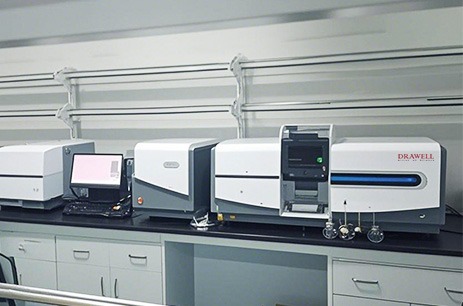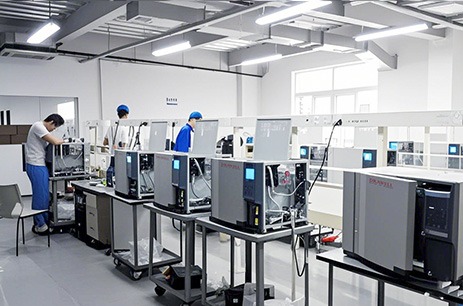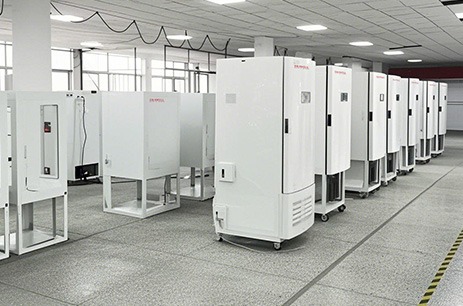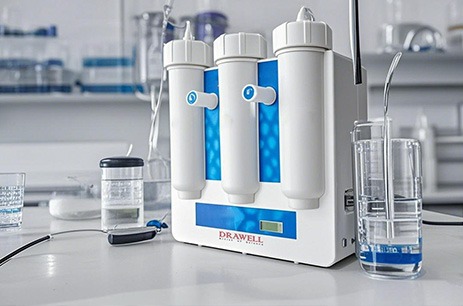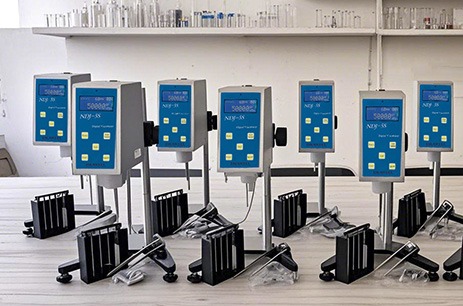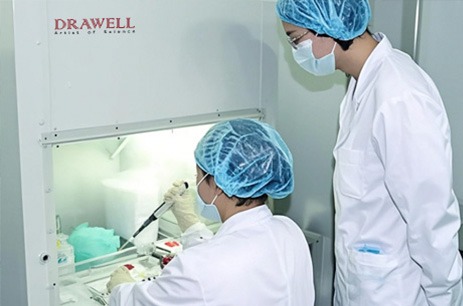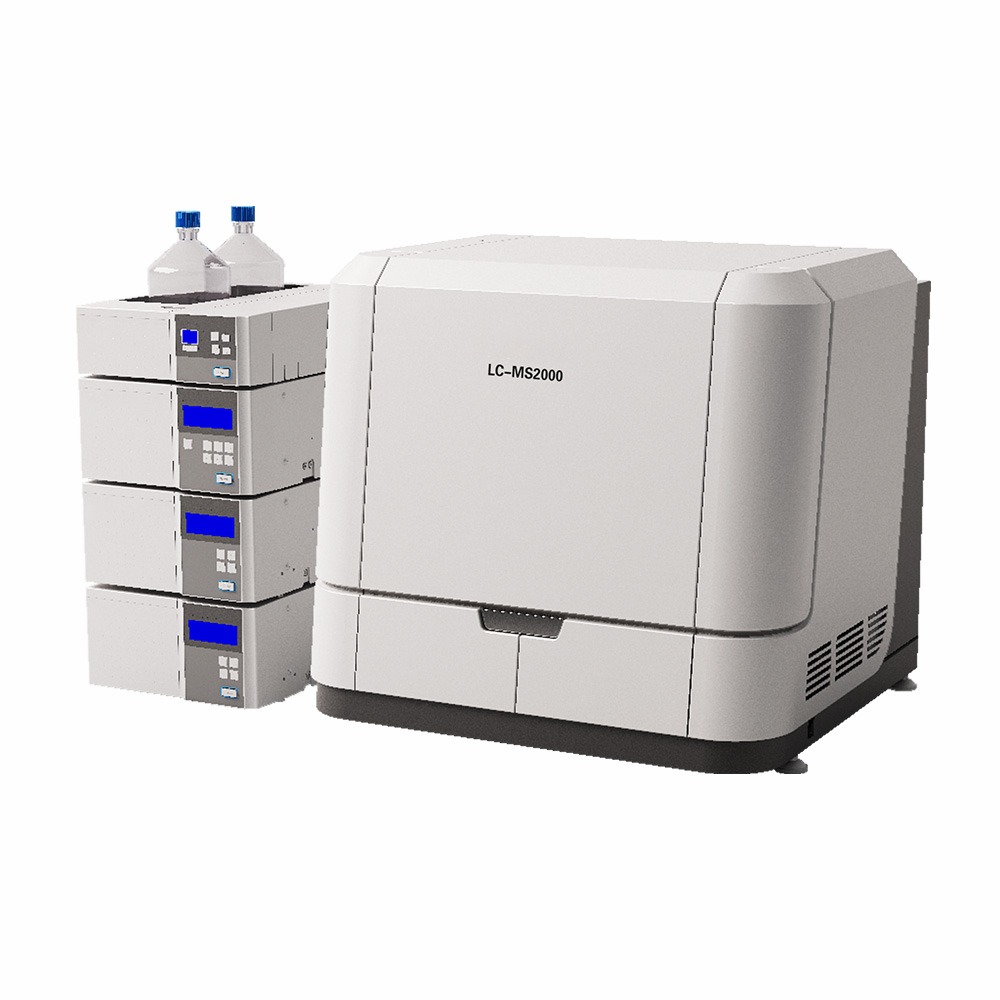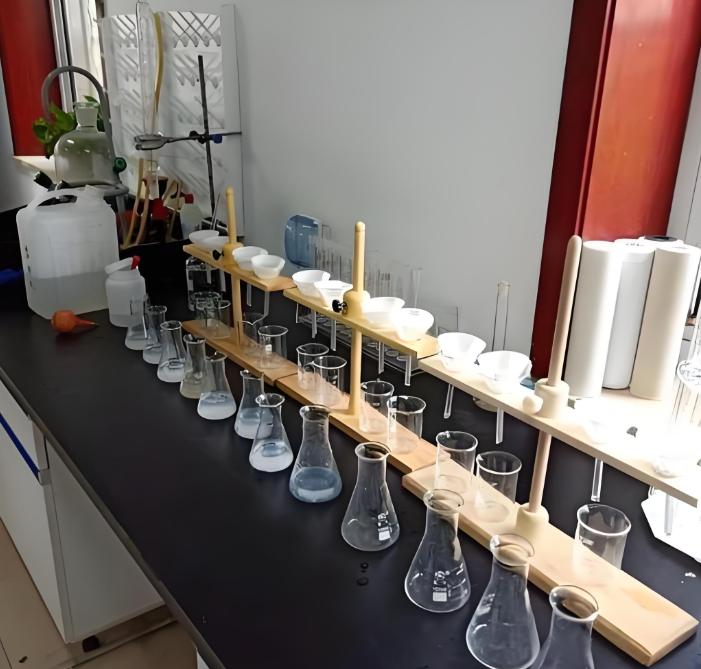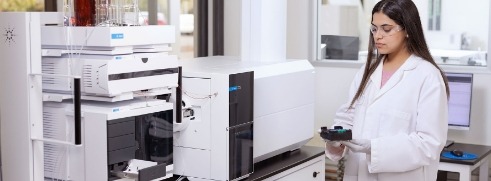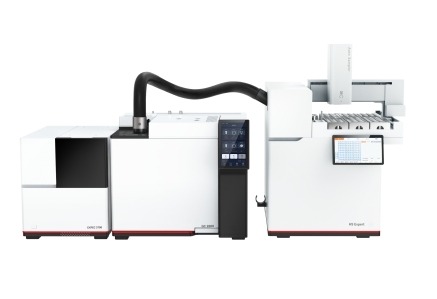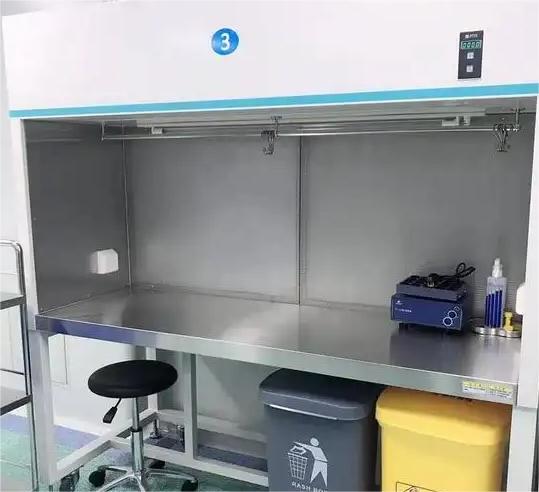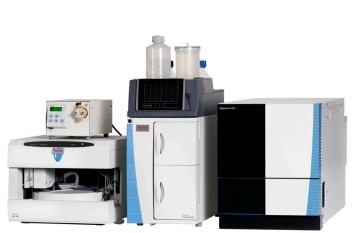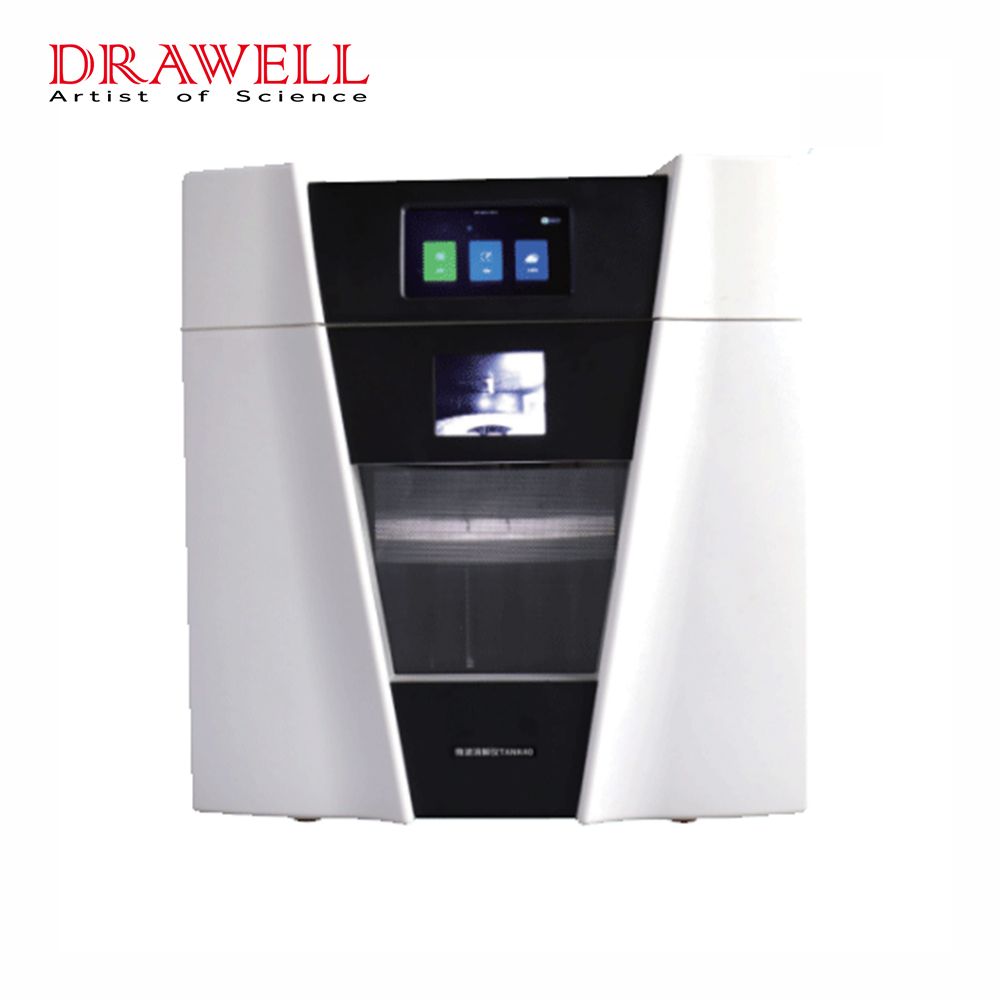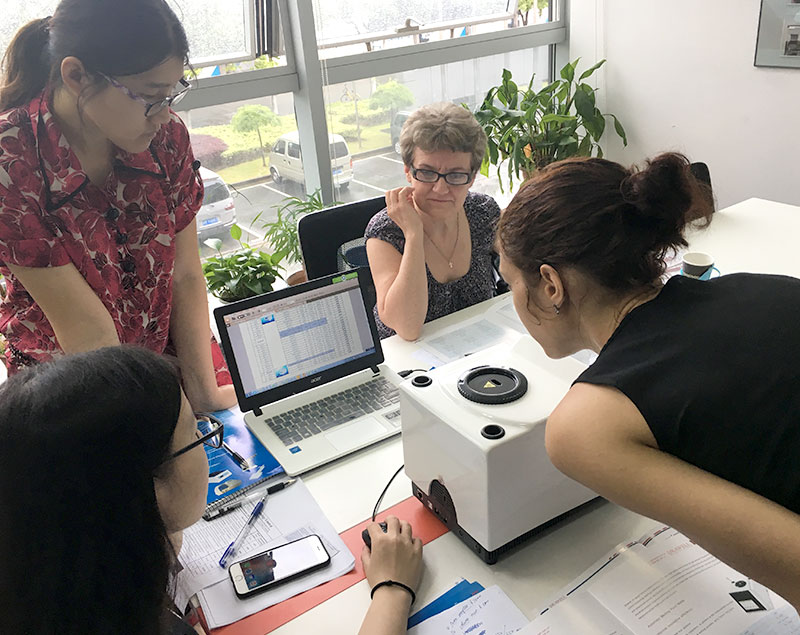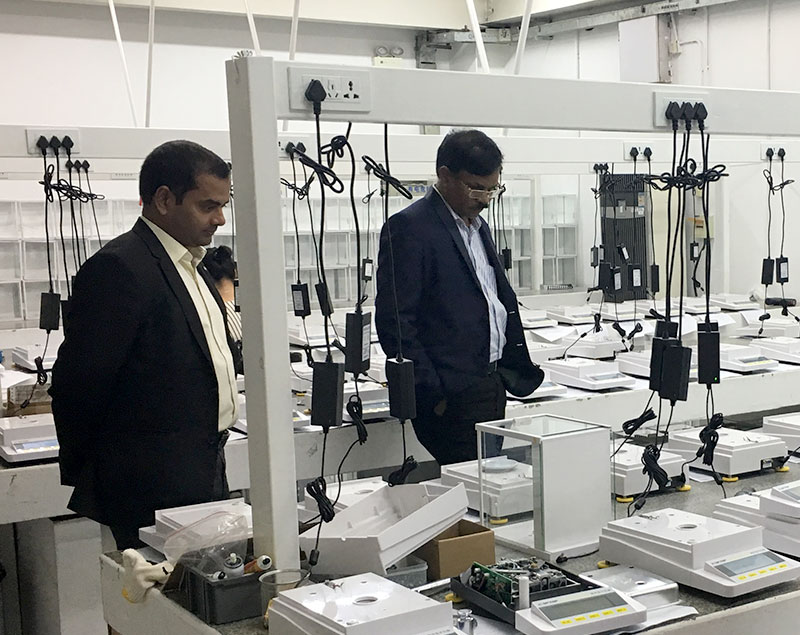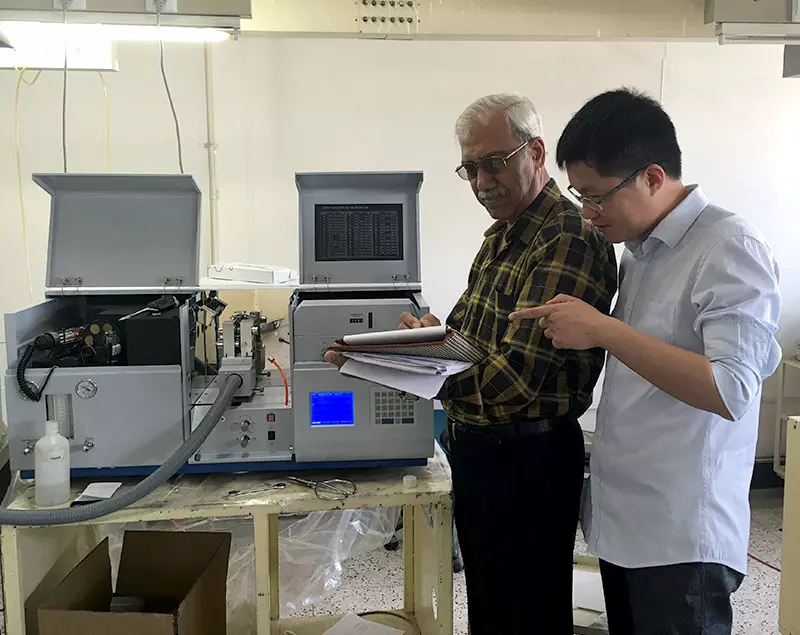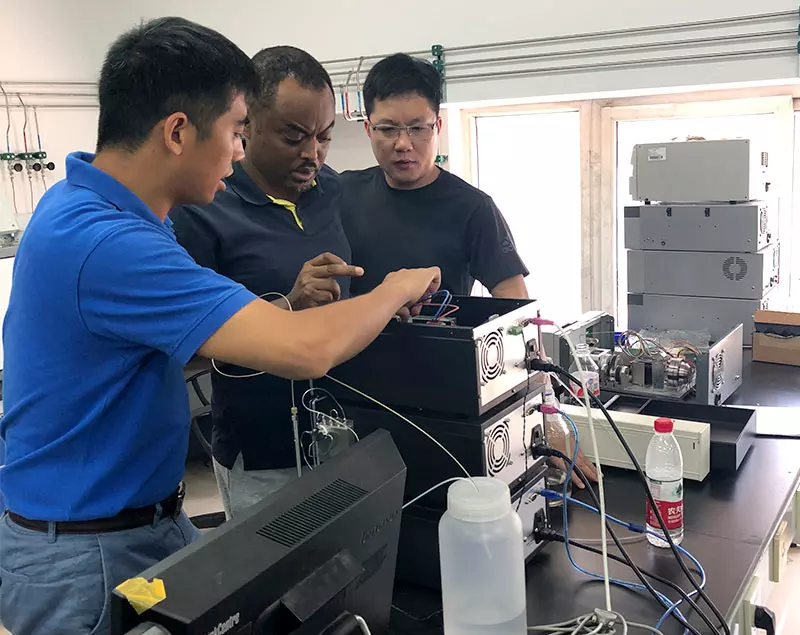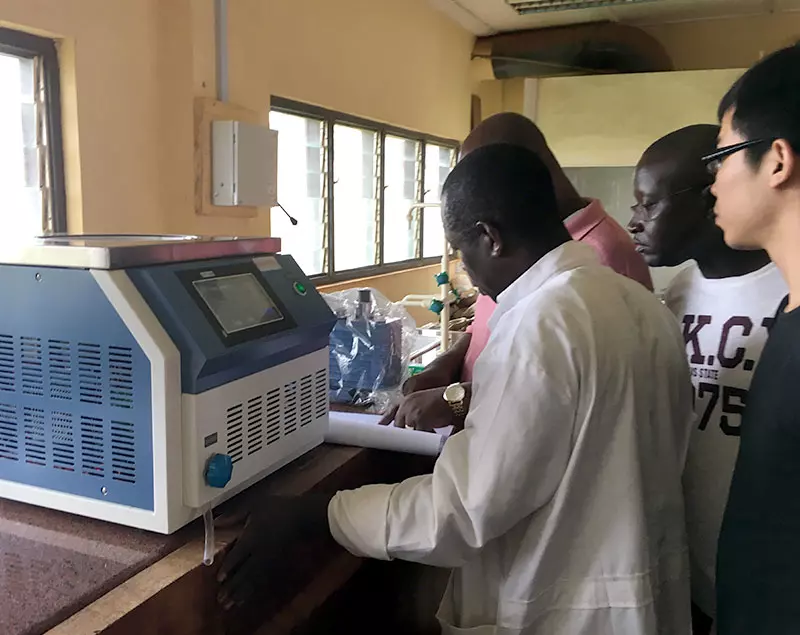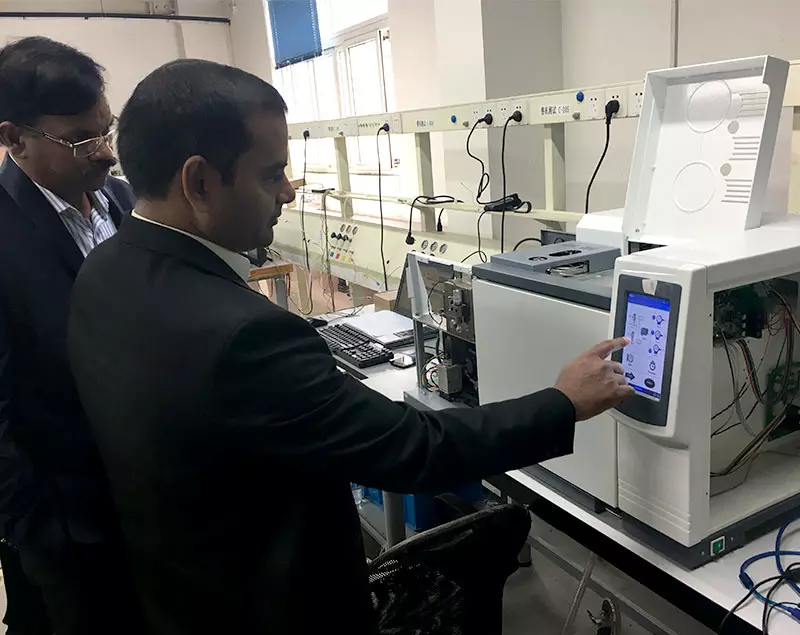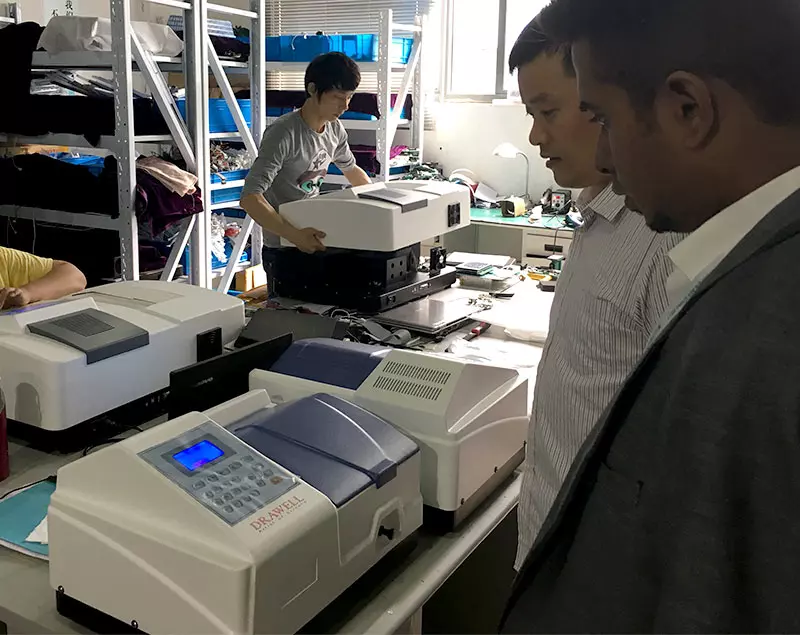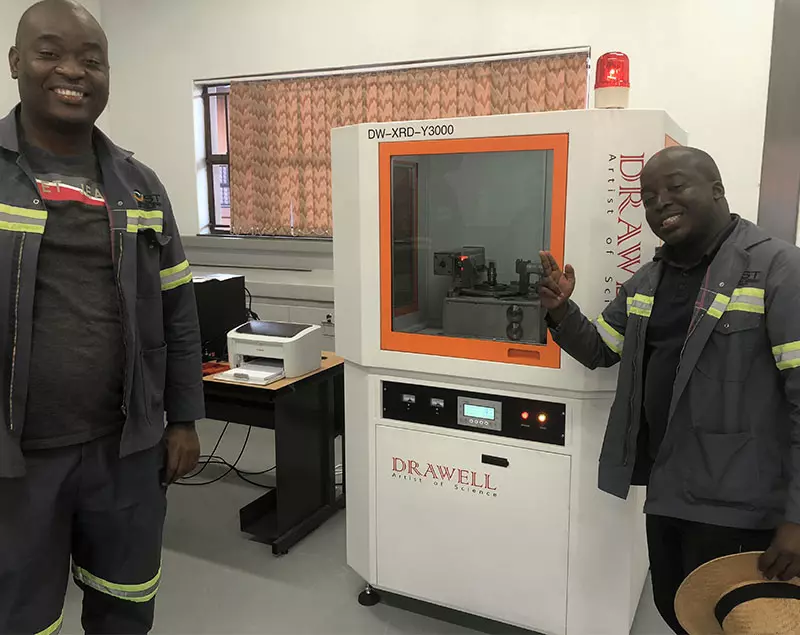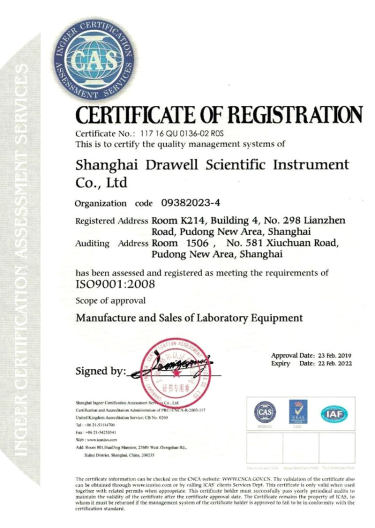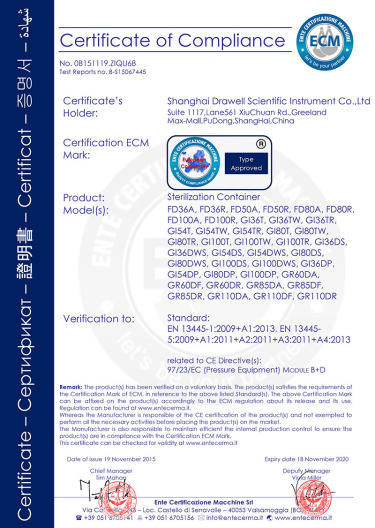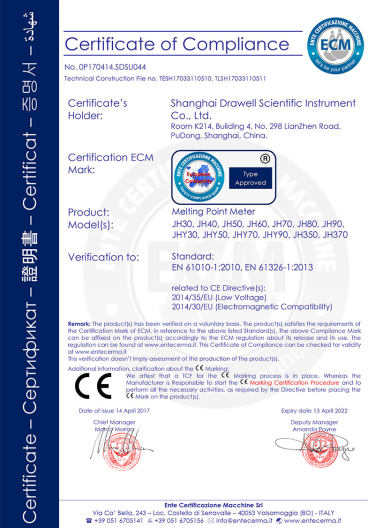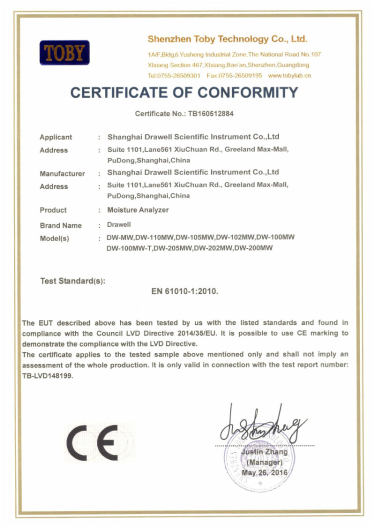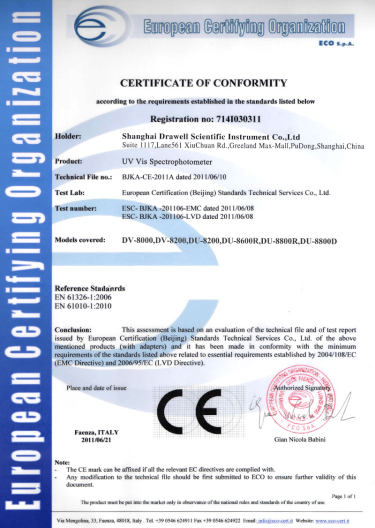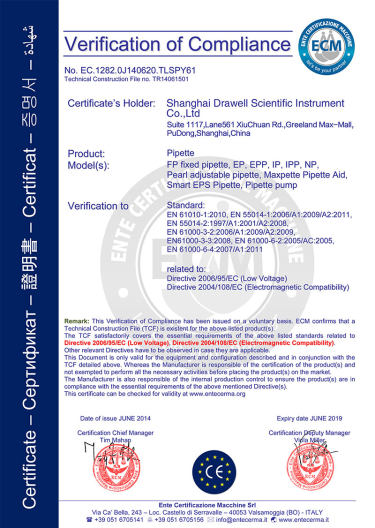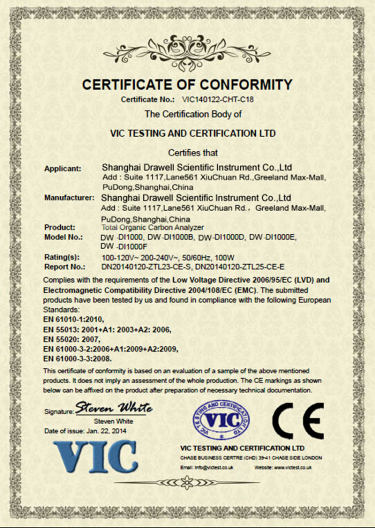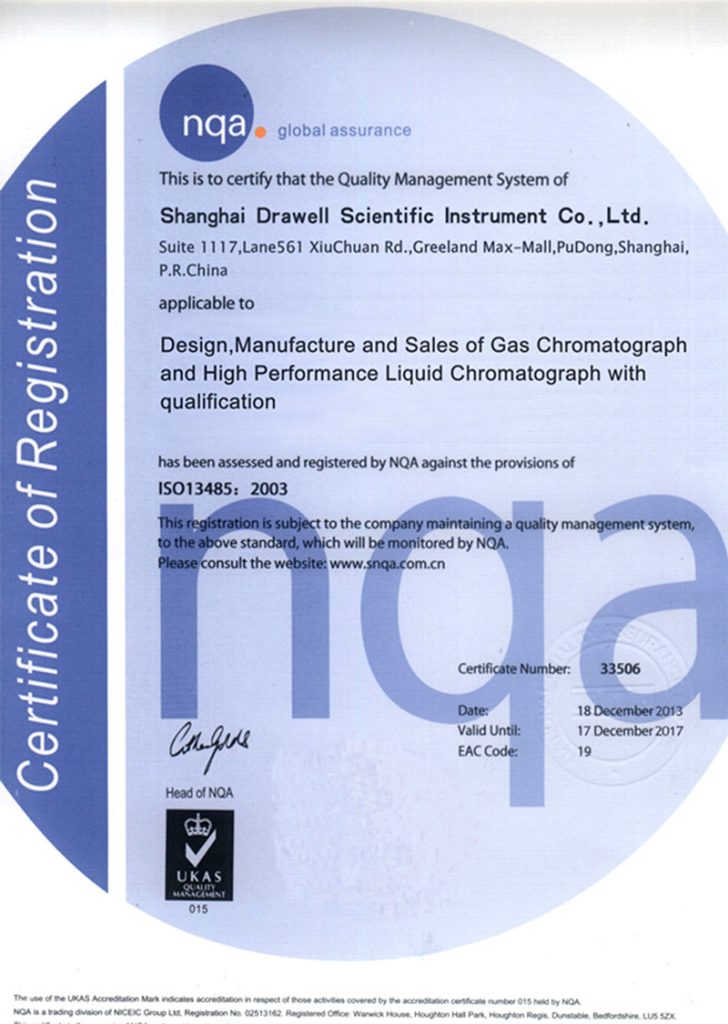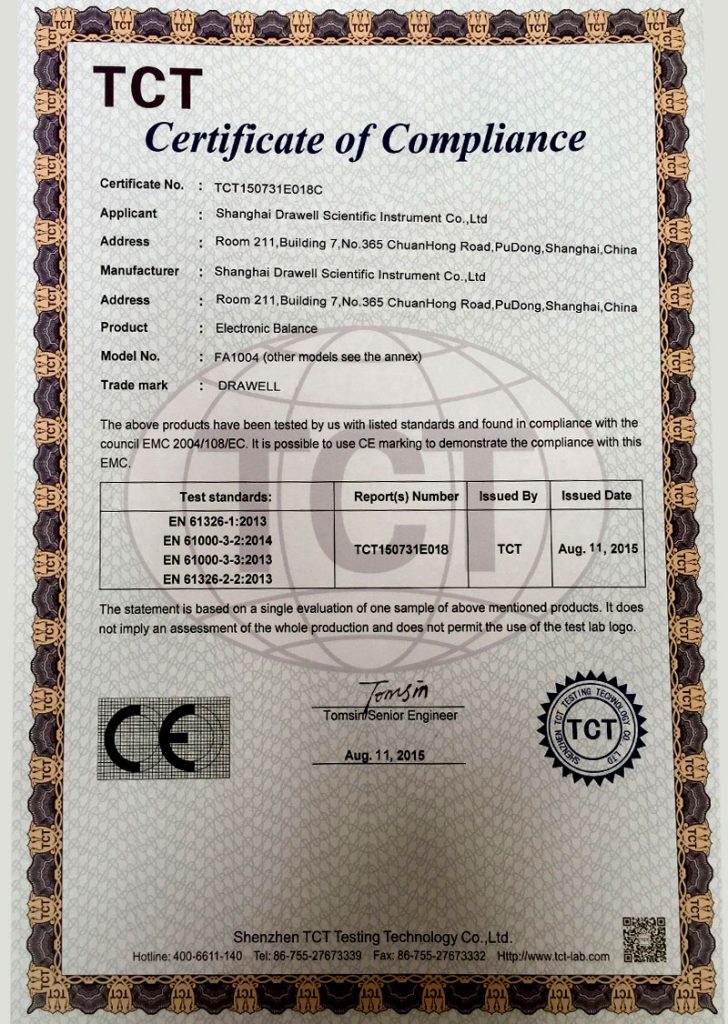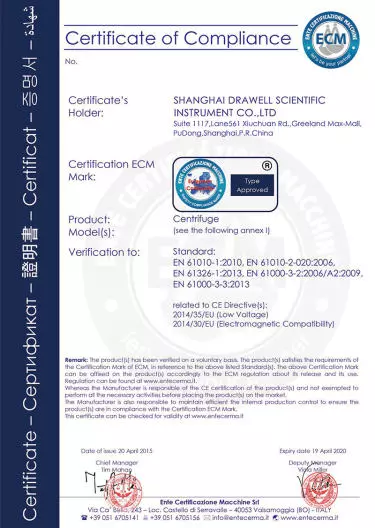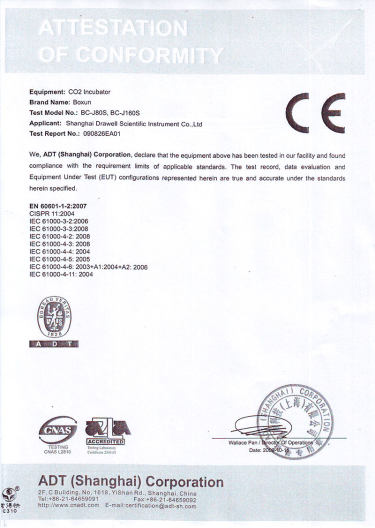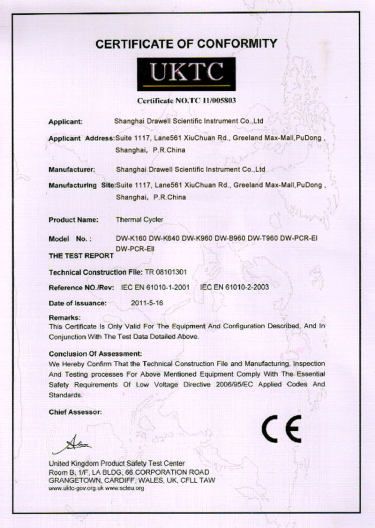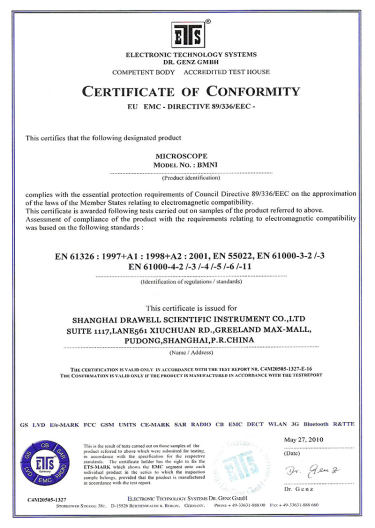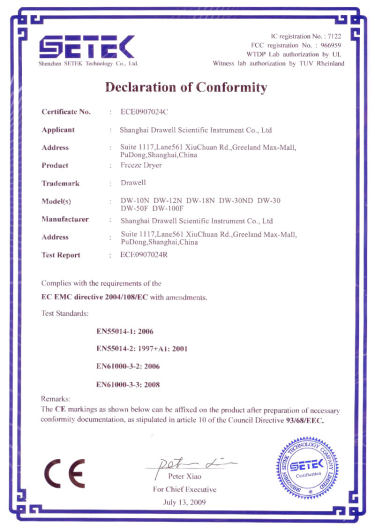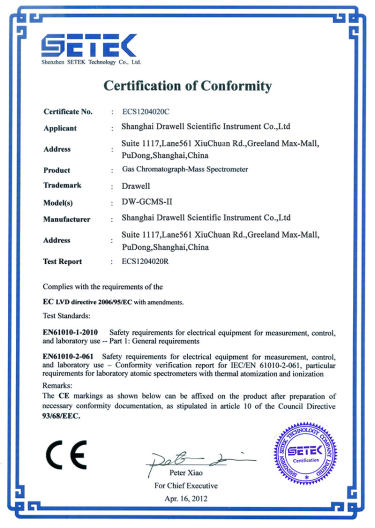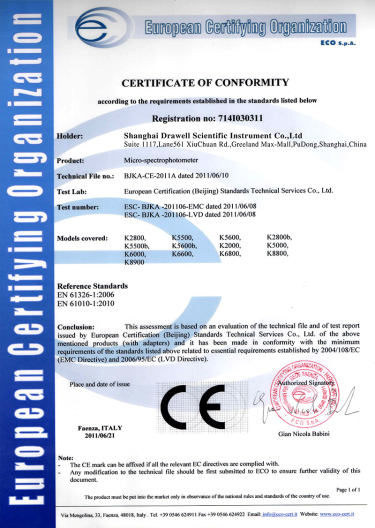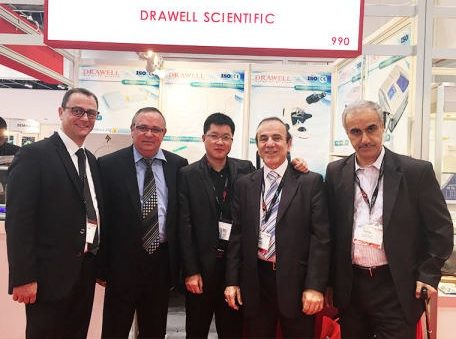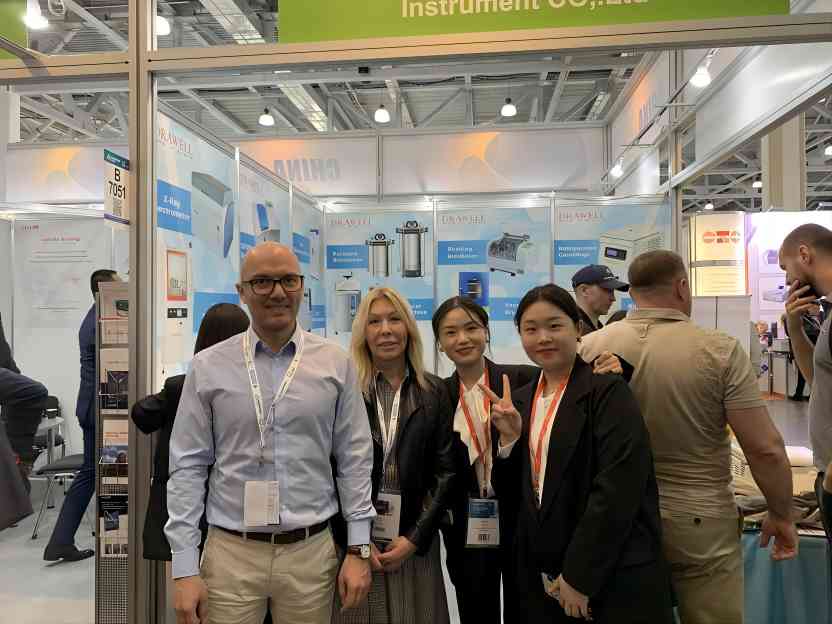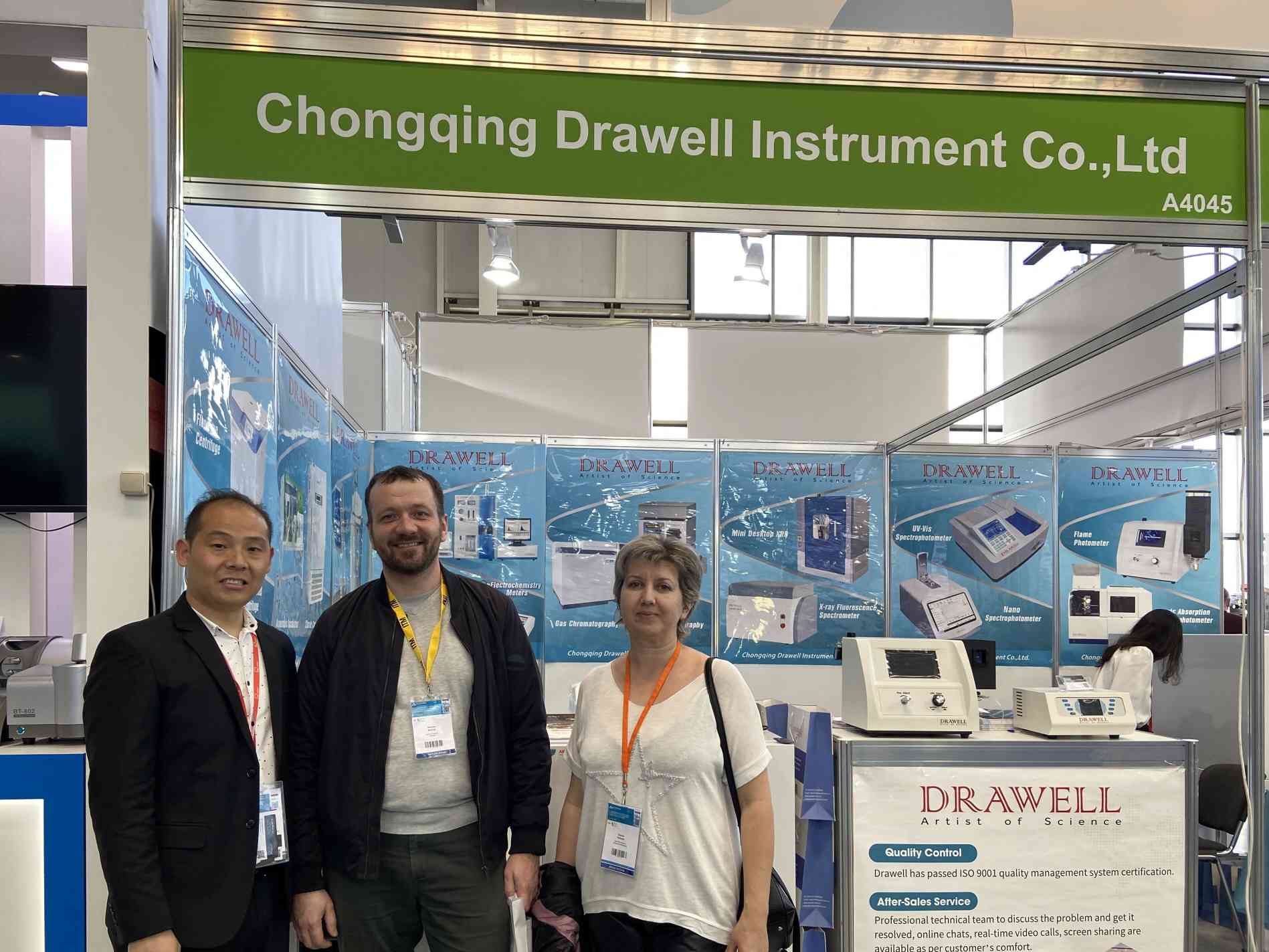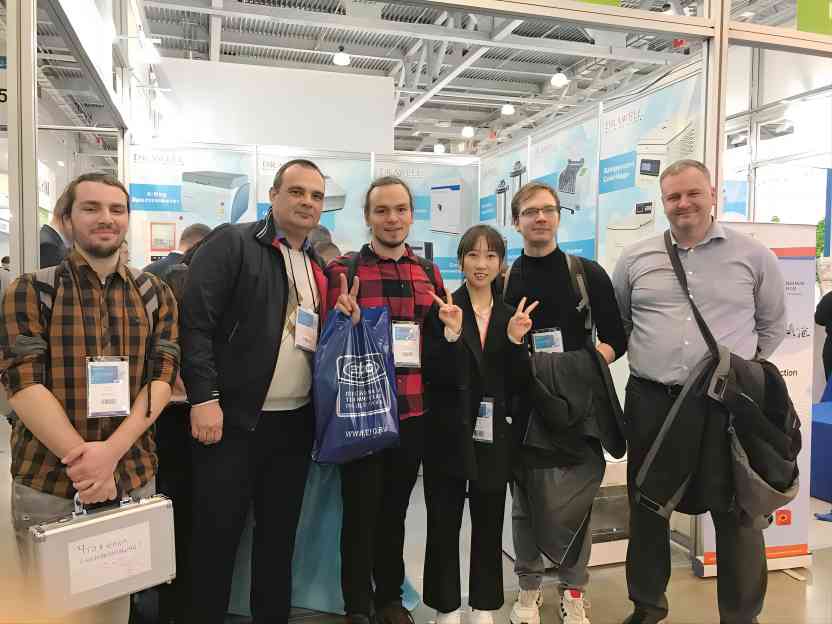Laboratory Equipment &Scientific Instruments Manufacturer
Drawell Scientific is specialized in manufacturing laboratory equipment and scientific instruments, our main purpose is exporting to the international market and servicing overseas clients. Drawell provides professional products that have been exported to more than 80 countries and areas, both the quality and services have got widely acclaimed.
PRODUCTS
The equipment Drawell offers is widely applicable in the laboratory, pharmaceutical industry, environmental sciences, food and drink production and other industry sectors, as well as in the domain of science, forensics and medicine.
Industries & Applications
Drawell’s solutions are widely applied in essential global industries, offering reliable analytical and sample preparation instruments that enhance precision, compliance, and productivity in modern laboratories. Trusted by professionals across scientific and industrial sectors, Drawell empowers innovation through advanced technology and dedicated support.
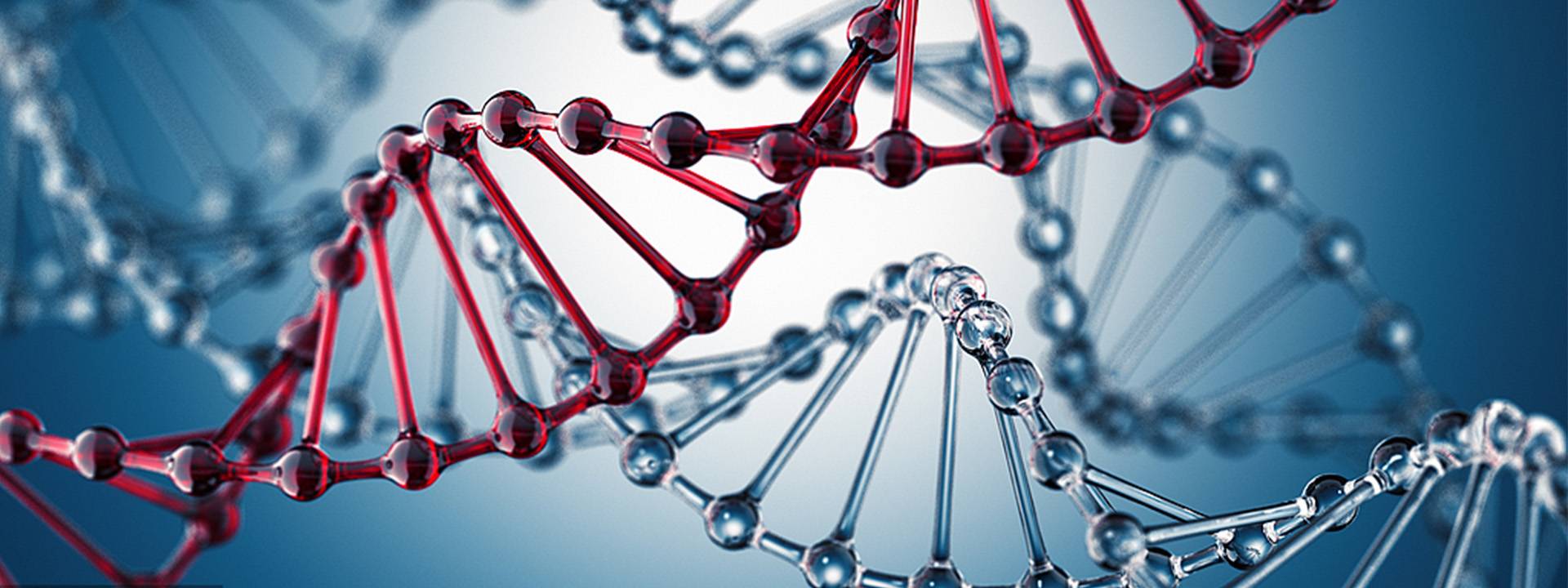
Life sciences involve the study of organisms and biological systems, such as genomics, protein engineering, and cell biology, which provide the basis and tools for the research and development of biomedicine. The biomedical industry relies on the research results of life sciences to obtain new treatments and drugs. Scientists can produce therapeutic products such as biosimilars, antibody drugs, and viral vectors. At the same time, biomanufacturing technology can also help laboratories in the field of life sciences to conduct experimental processes such as gene editing, protein expression and purification, and cell culture.

The relationship between ores and metallurgical applications is mainly reflected in the two key links of ore dressing and metal smelting. Ore dressing refers to the use of differences in the physical or chemical properties of minerals to separate useful minerals from gangue minerals, remove or reduce harmful impurities, and improve the grade of useful components in the ore. Metal smelting is the process of extracting metal elements from ores and making them into metals or alloys through a series of physical and chemical processes. The purpose of smelting is to provide various metal materials to meet the society’s demand for metal materials and support the development of industry, science and technology, and life.
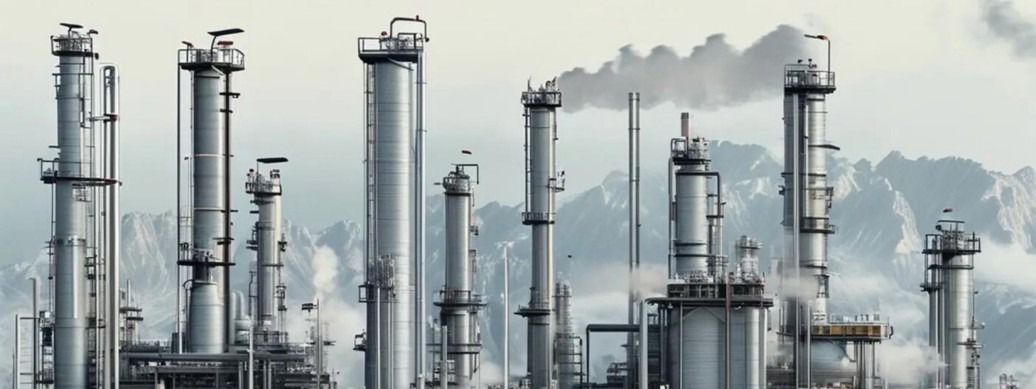
Chemical and petrochemical testing ensures product quality, safety, and compliance with industry standards. Key tests include composition analysis, viscosity, purity, distillation range, sulfur content, and corrosion resistance. Advanced techniques like GC-MS, Viscometer, Ftir, Sulfer analyzer and Oil Emission Spectrometer are employed. These evaluations optimize processes, enhance efficiency, and minimize environmental impact.

For environmental monitoring and water quality analysis, the laboratory commonly uses the following analysis methods:
- Gas chromatography to analyze volatile organic compounds (VOCs) and pesticide residues;
- High performance liquid chromatography to analyze polycyclic aromatic hydrocarbons, particulate matter, pesticide residues, etc. in water samples;

Quality control in the food and beverage industry can ensure consumer safety in a variety of ways, including hazard identification, food quality management, and the identification of potential hazards present in food, such as contaminants, microorganisms, and chemicals. This quality control involves the analysis and measurement of food throughout the production process. This ensures that food meets established specifications and does not deviate from them. These specifications may relate to the safety, nutritional value, and sensory quality of the product.
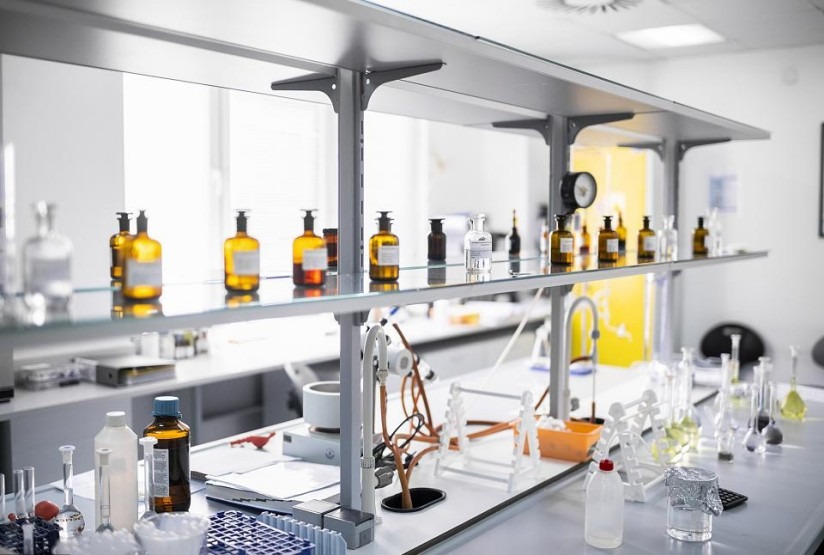
Laboratory instrumentation serves as the cornerstone of scientific inquiry and talent cultivation in research institutions and academic laboratories. By generating precise and reproducible measurement data, it safeguards the validity of research conclusions and continuously pushes the frontiers of human knowledge. In pedagogical contexts, hands-on instrumentation training develops students’ technical competencies and rigorous scientific methodology, while the deployment of modular platforms fosters interdisciplinary convergence and innovative synergies across diverse fields.

Stainless steel and alloy metals are widely used in many industries, mainly due to their unique physical and chemical properties. Stainless steel is mainly known for its corrosion resistance and aesthetics, and is often used in construction, kitchen utensils and medical equipment. Alloy steel is favored for its high strength, high hardness and high temperature resistance. Roots are widely used in aerospace, automobile manufacturing and tool manufacturing.
News
CLIENTS VISIT
CERTIFICATE
EXHIBITION
Analytical Russia, Arablab, PICCTON, Lab Africa, Analytical Munich, Analytical Latin America, Thailand Lab


